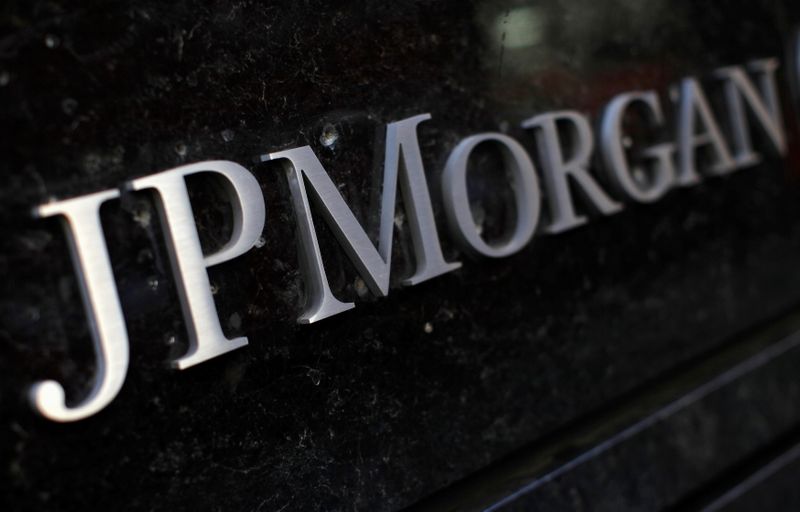By Ketki Saxena
Investing.com -- JPMorgan Chase (NYSE:JPM) CEO Jamie Dimon, in his annual letter to shareholders, devoted significant attention to the ongoing banking crisis and its potential long-term repercussions. Dimon recently spearheaded the effort for big banks to aid to aid smaller rivals hit by the banking crisis. Last month, Dimon rallied $30 billion in funds from JPMorgan and other major banks to deposit at First Republic - a midsize lender that had been struggling with rapid withdrawals and plummeting stock prices since Silicon Valley Bank's collapse spooked the market.
The letter provides deep insights into current banking crises and its potential long-term repercussions while also emphasizing finding appropriate mixes of rules considering various factors such as customer concentration levels uninsured deposits. He also stressed the importance of taking accounting limitations into account after recent bank collapses for stable banking systems.
In analyzing the origins of recent turmoil caused by this banking crisis - which Mr. Dimon noted was "nothing like what occurred during the 2008 global financial crisis" - he pointed out crucial risks lurking on banks' balance sheets that were hiding in plain sight. For instance, Silicon Valley Bank's corporate clients were controlled by just a few venture capital companies who moved their deposits in lockstep.
Mr. Dimon also stated that regulations partly contributed to this situation as required stress tests failed to take rapidly rising interest rates into account. Additionally, rules on capital requirements encouraged banks to load up on government bonds which have dropped in value as rates have risen; threatening lenders with substantial losses similar to those experienced by depositors at Silicon Valley Bank.
However, Mr. Dimon cautioned against knee-jerk rule-making or politically motivated responses amidst current tumultuous times instead emphasizing finding an appropriate mix of rules considering various factors such as customer concentration levels uninsured deposits among others while also taking accounting limitations into account after recent bank collapses.
Looking at the broader economy, Mr. Dimon pointed out that jitters would undoubtedly cause some tightening of financial conditions as banks and other lenders become more conservative. While stricter lending practices may have a dampening effect on the economy similar to higher interest rates, for now, the economy is in pretty good shape.
However, he iterated that even in the case of a recession, consumers are in far better shape than during the great financial crisis of 2008. Finally, he rejected the notion that smaller lender's troubles were beneficial to JPMorgan or any larger bank due to an influx of deposits they received from smaller institutions; stating that this meltdown was not good for anyone.
